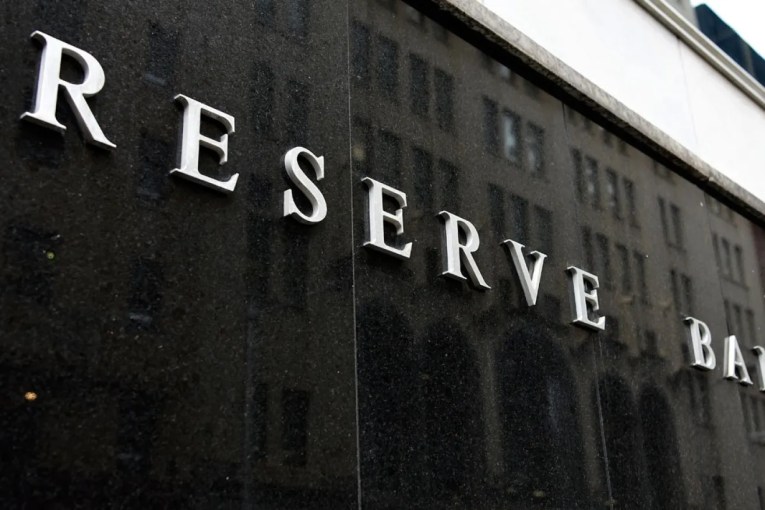Customers are growing frustrated with business marketing tactics, largely due to a lack of trust, research shows.
A report by Customology has found trust and brand loyalty from customers underpin a brand’s success – but almost 50 per cent of consumers believe brands lie in their marketing, and 71 per cent feel that marketing campaigns are too aggressive.
Satheesh Seenivasan, Monash University’s Department of Marketing senior lecturer, said the results are not surprising given customer cynicism is rising.
Dr Seenivasan attributed this to how quickly negative brand news can spread, and consumer concern over tactics like greenwashing.
“[Marketing] communication is going to be effective only when people trust their brands,” he said.
“So the brand has to work on building that trust [by, for] example rewarding its existing customers and being true to itself.”
Loyalty unrewarded
Many brand leaders and business owners are so focused on finding new customers, they neglect one of their most profitable assets – existing customers, the report found.
Not only does this dampen brand loyalty, it’s also more expensive, as the increasing cost of finding new customers far exceeds the cost of keeping existing customers.
The vast majority of customers feel brands should reward them for loyalty, but more than half don’t feel like they’re being rewarded.
Meanwhile, 77 per cent believe new customers get better deals than old ones.
As an example, Dr Seenivasan pointed to banks’ introductory sign-up offers for new credit card holders, while existing customers often don’t get an equal level of benefits for their loyalty.
Distrust over personal data
Recent high-profile data leaks have also dented customer trust, with the report finding 69 per cent of Australians don’t trust brands with their personal information.
Roy Morgan ‘Net Trust’ rankings released in February found distrust of Optus and Medibank soared after their respective hackings.
When customers do hand over their personal information, they expect brands to use that extra knowledge to tailor their marketing offers to their individual interests and needs.
However, most customers are disappointed after receiving generic messages and offers that – beyond being addressed to their name – have not used any of the provided information to personalise the content.
Dr Seenivasan said that while customers may be growing more reluctant to hand over their personal information following recent data leaks, brands should also be thinking about what information they actually need.
“Retailers and brands should really have a clear idea about what is … the minimum information that they really need to take meaningful actions without infringing on the personal aspects of customers,” he said.
“[For example], a supermarket, they don’t really need to know about our date of birth, or any of the other personal information; what really matters to them is probably our past purchase behaviour, and maybe some idea about the life stage that people are in.”
Aggressive marketing
Apart from a lack of personalisation or new information, another key complaint over marketing messages is that they are non-stop.
Almost 40 per cent of customers receive more than 20 marketing emails and 46 per cent of customers said they hardly read any of these messages or none at all.
When it comes to how much marketing is too much, Dr Seenivasan said it depended on the brand.
It could be entirely reasonable to get up to two emails per week from a supermarket since many people will shop at least once a week, but a once-weekly message from a shoe brand could be too much as most people won’t be seeking to buy shoes every week, he said.
“In today’s age, [consumer trust levels are] going to get even worse with all the information out there, so I think fundamentally, brands shouldn’t pretend – they should really start caring about people.”








